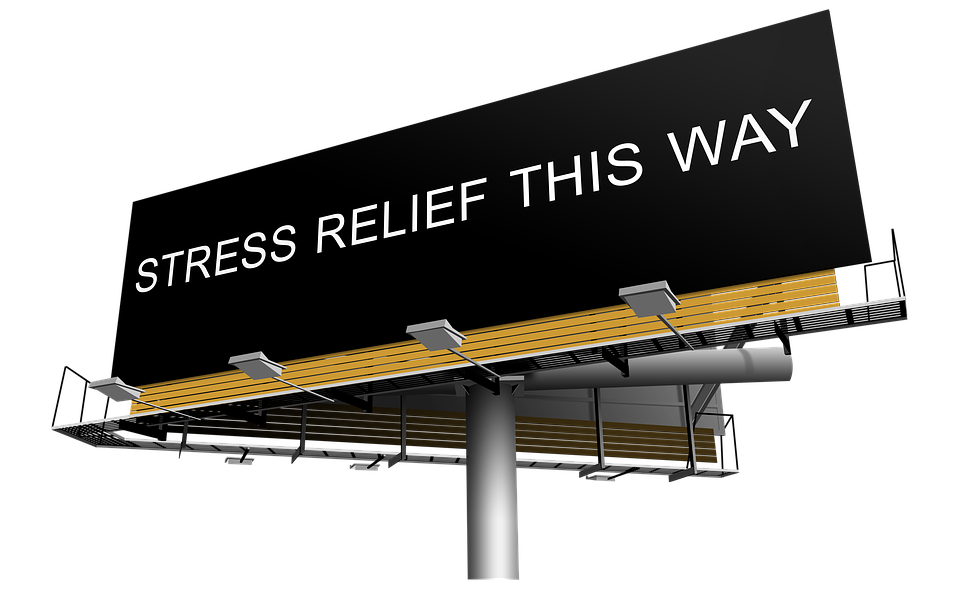Mental health refers to a state of psychological and emotional well-being. It is also known as being free from any form of addiction or mental illness. Such mental conditions include dementia, autism, depression, panic disorder, post-traumatic stress disorder, obsession, attention deficit, hyperactive disorder, an eating disorder, bipolar, etc.
Stress is a natural body mechanism to defend itself from any form of physical or emotional threat. It has positive effects meant to protect you when in danger, by helping you stay focused and alert, as you find solutions to your problems up to a certain point, but beyond stress becomes harmful, and begins to have effect on your health, performance and relationships.
When the body is in continuous stress mode, it affects the immune functionalities, and nearly all body systems start to develop complications. Advanced chronic stress develops into depression and affects people of all ages, gender and economic status.
Early Symptoms of Chronic Emotional Stress
A person under constant stress displays some physical, emotional or behavioral signs of a lack of motivation and happiness in life. His level of concentration reduces, he develops low self-esteem, his social life deteriorates, decision making becomes a challenge, and he starts procrastinating, and shunning responsibilities.
A stressed person often has mood swings and anger outbursts, and will often isolate himself from his usual social friends. He may start adopting new behaviors that could be creating temporary relaxation, such as abuse of alcohol, smoking, drug use, gambling, etc.
When supporting their new habits becomes impossible, anxiety, worrying, carelessness, arrogance, pessimism lack of self-control, and a sense of hopelessness kicks in.
The Causes of Acute Stress
Anything causing you too much pressure or demand from you, good or bad is a potential stressor. It could be external factors related to work promotion, school, divorce, change of environment, death, financial distress, unemployment, retirement, chronic illness or even children.
Internal factors such as guilt, anger, low self-esteem, perfectionism, or rigidity are other reasons to stress you. Your ability to cope with life’s challenges, determine how much you shall be affected and how low the quality of your life will depreciate.
It also dictates your likelihood of developing depression; a more serious mental illness, with severe effects on your health, and productivity.
The Effects of Stress on Your Health and Performance
While stress itself may not kill you, the impact it has on your health could. One is likely to develop several and severe health problems when his immune system begins to shut down. Cortisol; the stress hormone released by the brain to prepare the body for an emergency, when produced in excess, leads to a risk of brain damage too.
Some include heart, respiratory issues, high blood pressure, weight gain, diabetes, stroke, or even a heart attack. Other detrimental effects include liver and kidney complications, due to the excess sugar production during the release of stress hormones.
It even affects the reproductive system in adolescents and women who may experience absent, irregular or more painful menses. In men, it affects their production of testosterone hormones and sperm maturity.
When under excess stress, your performance gradually deteriorates, due to the lack of concentration and the adverse effect it has to your memory. You begin to impact negatively on your work, relationships or even education and rendered incompetent. Incompetence will lead you to lose your job or perform poorly in school.
How to Manage Stress
Life is full of disappointments, and most of the causes of stress could be unavoidable. That is why it is very crucial for people to learn different ways of relieving stress. Un-attended stress symptoms may lead you to have suicidal thoughts or ideas to harm your loved ones. In schools, cases or arson or murder are common and are a result of underlying issues in students’ lives.
You may have to see a counselor if the symptoms are severe, but adapting certain habits may be beneficial in trying to curb the effects of stress. Some of these habits include regular exercise, laughing, eating a well-balanced diet, practicing yoga or other relaxation therapies, sharing issues with someone you trust and listening to music. Always create time for leisure.
While you may be having trouble to sleep, making an effort to improve is significant, as lack of enough rest will only make your condition worse. You may also hire a life coach to help you with putting your life in order. Note; A Life coach is a professional change expert, who has the passion for bringing out the greatness of people. If symptoms persist, seek medical attention.
The Conclusion
Eliminating stress entirely from your life is impossible, but you can control the levels which it will affect you. Ensuring that you have confidence in yourself and trusting the belief that everything happens for a reason, will enhance your resistance to stress. Always have positive thoughts and never let the inadequacies of life small or big cause you to panic.
Learn to take control of situations before they get out of hand. Remember the purpose of stress hormones is to energize you to be able to defend yourself in case of any form of attack. It should not be a permanent situation.


